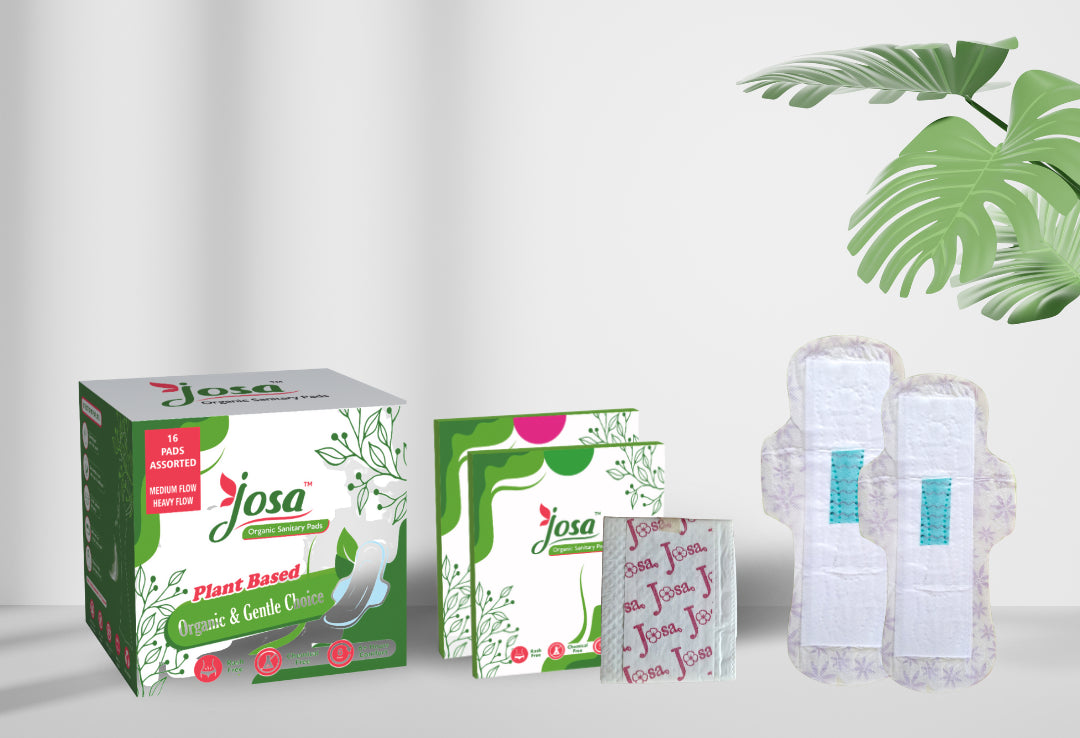While the Olympic Games Paris 2024 will be the first edition to achieve full gender parity among the athletes chosen, other notable advancements in sports equity have emerged in recent years: New mixed events, increased prominence of women's sports competitions, and more elite female coaches and officials.
However, menstruation remains a slow-moving problem.
During the 2024 Paris Olympics, the topic of menstruation gained significant attention.
Athletes Lead the Conversation
Several renowned athletes at the 2024 Olympics have openly discussed their menstrual health and its impact on their performance:
Jessica Ennis-Hill, a British heptathlete and Olympic gold medalist, has spoken out about the need for more support and awareness of menstruation health in sports.
Ariarne Titmus: The Australian swimmer, noted for her exceptional exploits, has spoken frankly about how she handles her menstrual cycle amid intensive training and competition.
Tori Bowie, an American sprinter and Olympic gold medalist, has emphasized the necessity of considering menstruation health as a component of athletic success.
Lydia Jacoby, an American swimmer who has achieved remarkable success in recent years, has detailed the tactics she uses to control her period during high-stakes contests.
Nia Ali, an American hurdler and Olympic medalist has spoken out about the importance of balancing menstruation health with peak performance, calling for increased knowledge and support.
What do they do?

To combat potential chronic health concerns, many athletes take various preventive steps to guarantee that their game day runs as smoothly as any other day.
Pain relievers: they help to temporarily manage pain by pushing aside any discomfort.
Apps for tracking your period: By keeping an eye on your cycle, hormones, or mood, these apps can also help women feel more at peace. This is particularly crucial for athletes, who must consume the proper amounts of carbohydrates and nutrients to prevent injury, excessive calorie loss, and the mysterious feeling that comes on sometimes.
Skipping Periods: Another prevalent practice is to disrupt the normal cycle by skipping one's period. These women organize their cycles around their sporting events and use prescription medications to regulate their predicted dates. Some of the medical treatments include birth control tablets and birth control rings. However, it is crucial to highlight that there is a heated dispute over this topic; not all women adopt this procedure, which some deem unnatural and unhealthy.
Protective Layers: Some sportsmen use protective absorbent layer pads. Many professional cyclists and runners wear period pants under their tight shorts; they are similar to a larger form of a pad but are not necessarily as comfortable.
Changing diets during their cycle: As they lose nutrients and require more energy, many professional athletes increase their consumption of iron and vitamin C.
Menstrual Cup: This is another option for tampons and pads. They assist in keeping an eye on women's bleeding patterns and nutritional status. It is also a waste-reducing, aesthetically pleasing, eco-friendly choice. Stay tuned as we debut one of our new products, the menstrual cup, if this method of sanitation piques your interest!
Hot water bottles: Used by professional cyclists to relieve pain and suffering, however, they are not always feasible and can have an impact on aerodynamics.
Menstruation's Challenge in Sports
For many female athletes, the menstrual cycle is a normal and natural aspect of life, yet in sports contexts, it is sometimes disregarded or ridiculed. Menstruation's physical and psychological effects might provide particular difficulties, such as:
Physical discomfort: An athlete's general comfort and physical performance during events might be impacted by menstrual cramps, bloating, and exhaustion.
Emotional Fluctuations: Mood and mental toughness, two essential elements of sports performance, can be impacted by hormonal shifts.
Practical Concerns: An athlete's regimen may become more complicated as a result of managing menstruation products and handling leakage risks.
Going Forward

Menstrual health must be given top priority as we continue to celebrate the accomplishments of female athletes since it plays a critical role in both their general performance and well-being. We can enable women to achieve success in their sports and other endeavors by creating a positive atmosphere and inspiring candid communication.
The experiences of athletes competing in the 2024 Summer Olympics in Paris serve as a reminder of how critical it is to comprehend and address the complex issues surrounding women's health. We can establish an environment that is more welcoming and empowering for all athletes by continuing our activism and support.
Conclusion
Health concerns among athletes have long been stigmatized and frequently receive unfavorable media attention. It's critical to acknowledge that women athletes are also women, as we support more of them to achieve success in sports. Being a woman shouldn't impede one's ability to succeed in professional sports; being an athlete shouldn't imply ignoring one's gender. Pushing the envelope constantly, aiming for milliseconds and kilograms more, female athletes frequently challenge gender-based classification in sports.

